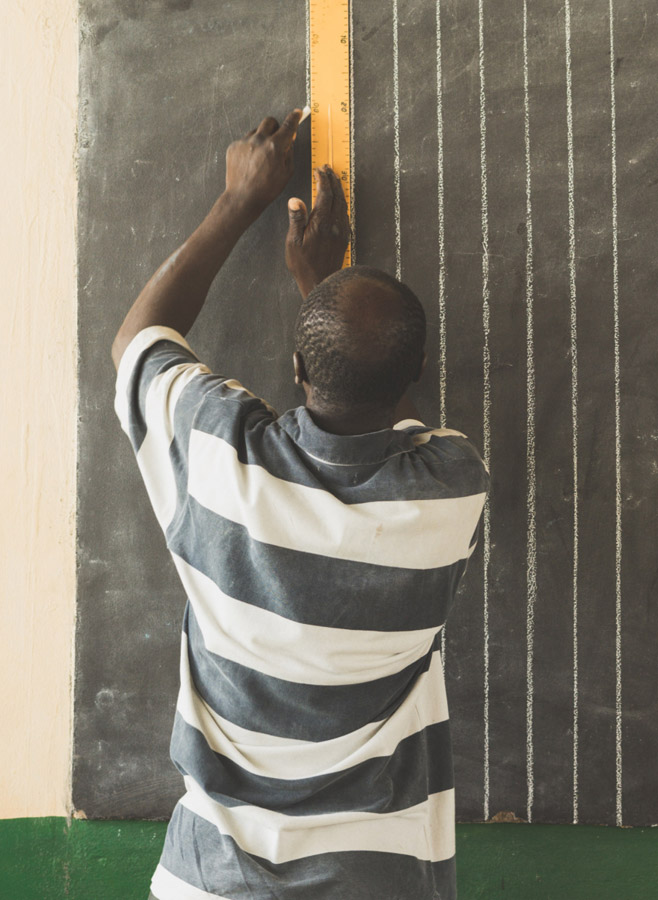
At CLEAR Insights, we listen.
There is surprisingly little global information about what languages people speak, prefer, and understand. There
is even less information about what sources of information they trust. This makes it difficult for humanitarians, health organizations, and other communicators to share information in an appropriate language, channel, and format.
And it makes it even harder for them to listen. With your support, we can conduct research and gather data to inform global and local communication strategies, and make sure everyone’s needs are considered.





“People who speak marginalized languages lack access to critical and life-saving information. Furthermore, organizations often can’t efficiently process and respond to feedback from people who speak these languages.”
Canadian Red Cross
The gap in language data
Because there is very little information available about what languages people speak and understand, humanitarians and other global communicators often assume that using the former colonial language is “good enough”.
Yet, in our research in places, such as Bangladesh, the Democratic Republic of Congo, and Nigeria, we’ve seen that using the nearest majority language does not reach everyone. People are often left feeling like they don’t have enough information to make the right choices for themselves and their families.
This approach compounds other factors of vulnerability. Women, older people, people with disabilities, and
people with lower education levels are less likely to speak the languages used by international organizations.
They have less information, and less ways to share their concerns and priorities. They become more dependent on others in their community for communication.
A lack of awareness about the need to consider language in global communication often leads to language and communication technology being under-funded and under-resourced.
This leaves millions of people without the information they need, and perpetuates a system that doesn’t listen to and consider the needs of people who speak languages with less power.
We plan to change this, and we need your help.












The language insights solution
We have a track record of practical research and advocacy resources informing language-aware programs and services. We’ve surveyed Rohingya people living in refugee camps in Bangladesh, studied how multilingual audio communication could be made more effective in Nigeria, and advocated policy and practice changes at the highest levels.
Now, we have a plan to fill the language data and research gap by:
conducting innovative research to better understand people’s communication needs and challenges,
mapping the world’s languages to improve global communication,
building new research and feedback mechanisms, bolstered by language technology, to listen to people who speak low-resource languages, and
partnering with humanitarian, development, and research organizations to put language and communication needs at the top of the international agenda.